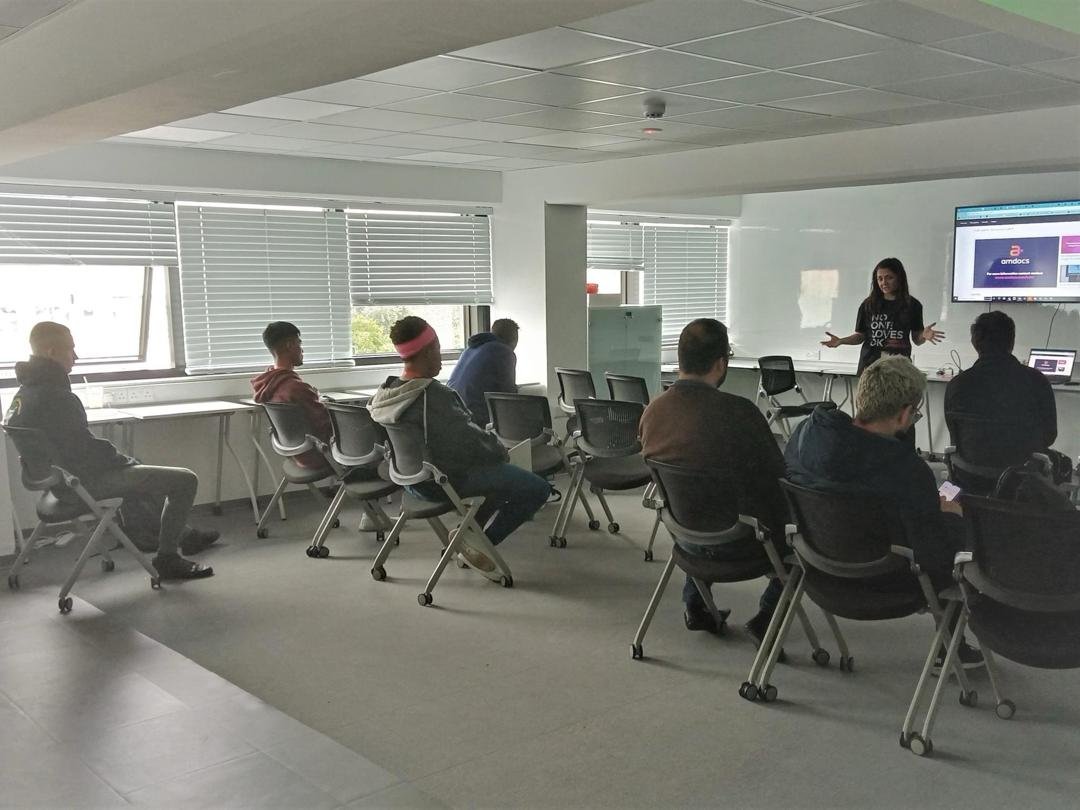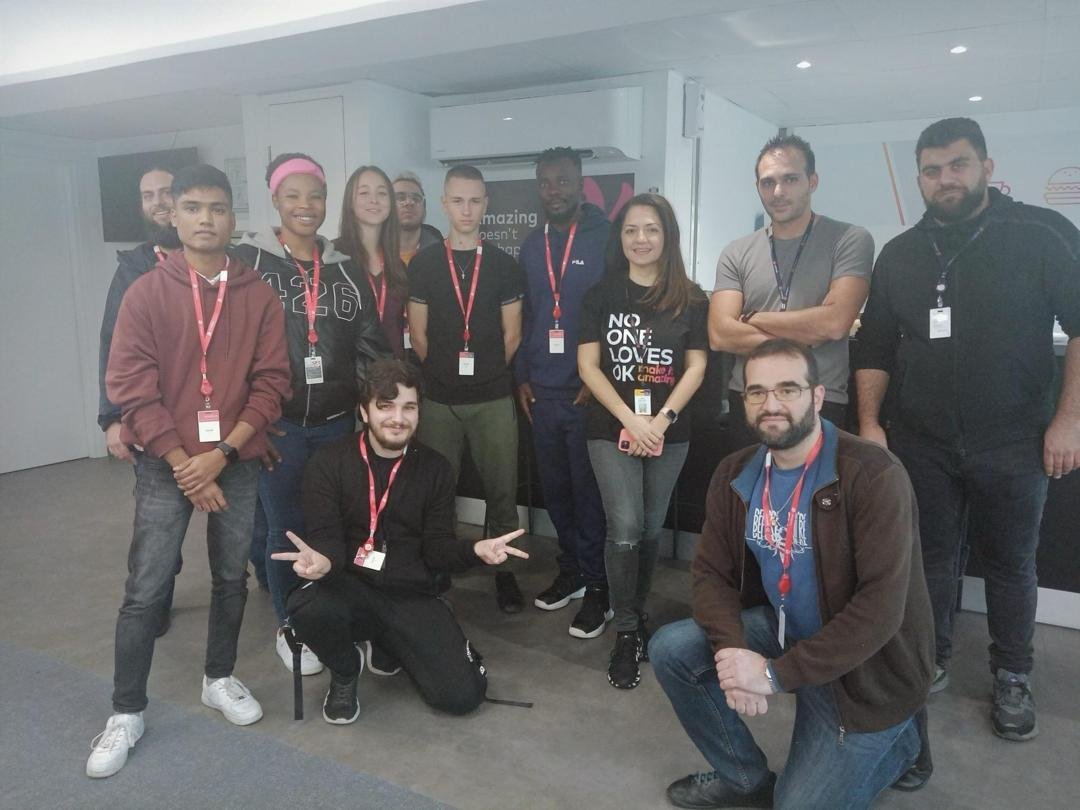Comparing Working Hours for Students in Britain and South Cyprus
Comparing Working Hours for Students in Britain and South Cyprus
When it comes to balancing work and studies, students often face unique challenges. Many students choose to work part-time to support themselves financially or gain valuable work experience. In this blog post, we will compare the working hours for students in Britain and South Cyprus, shedding light on the similarities and differences between the two countries.
Working Hours in Britain
In Britain, students have the opportunity to work part-time while pursuing their studies. The working hours for students in Britain are regulated by the government to ensure a healthy work-life balance and protect their rights.
According to the UK government’s guidelines, students in Britain are allowed to work up to 20 hours per week during term time. This limit is in place to ensure that students have enough time to focus on their studies and maintain their academic performance.
During holidays and breaks, such as the summer vacation, students in Britain can work full-time without any restrictions on their working hours. This flexibility allows students to earn more money during these periods and gain valuable work experience in their chosen field.
Working Hours in South Cyprus
In South Cyprus, the regulations regarding working hours for students are slightly different compared to Britain. Students in South Cyprus are also allowed to work part-time while studying, but the restrictions are not as strict as in Britain.
Unlike Britain, there is no specific limit on the number of working hours for students in South Cyprus. However, it is recommended that students do not exceed 20 hours of work per week to ensure they have enough time for their studies and personal commitments.
It is worth noting that the working conditions and rights of students in South Cyprus are protected by labor laws, ensuring fair treatment and preventing exploitation in the workplace.
Similarities and Differences
While there are some similarities in the working hours for students in Britain and South Cyprus, such as the option to work part-time, there are also notable differences.
One key difference is the strict limit of 20 hours per week during term time in Britain. This limit aims to prioritize students’ academic progress and prevent them from being overwhelmed with work commitments. In South Cyprus, although it is recommended not to exceed 20 hours, there is no strict enforcement of this limit.
Another difference is the flexibility during holidays and breaks. In Britain, students can work full-time during these periods, allowing them to earn more money and gain valuable work experience. In South Cyprus, there are no specific restrictions on working hours during holidays, giving students the freedom to work as much as they desire.
Conclusion
Overall, both Britain and South Cyprus provide opportunities for students to work part-time while studying. While Britain has stricter regulations and limits on working hours, South Cyprus offers more flexibility in this regard.
It is important for students to find a balance between work and studies, ensuring that their academic progress is not compromised. By understanding the regulations and guidelines regarding working hours, students can make informed decisions and manage their time effectively.
Whether in Britain or South Cyprus, working part-time can be a valuable experience for students, helping them develop essential skills, gain financial independence, and prepare for their future careers.



















